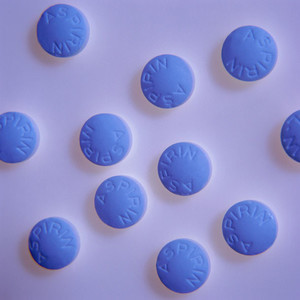FDA announced on 4 March 2014 that it had approved Teva Pharmaceutical Industries (Teva’s) generic version of Eli Lilly’s osteoporosis drug Evista (raloxifene).
FDA approves generic osteoporosis drug
Generics/News
|
Posted 14/03/2014
 0
Post your comment
0
Post your comment

Raloxifene is an oral selective estrogen receptor modulator (SERM) that has estrogenic actions on bone and anti-estrogenic actions on the uterus and breast. Evista is used to treat and prevent osteoporosis (a condition in which the bones become thin and weak and break easily) in postmenopausal women. Evista can also be used to lower the risk of getting invasive breast cancer.
According to the International Osteoporosis Foundation, around the world, 1 in 3 women and 1 in 5 men over the age of 50 are at risk of an osteoporotic fracture. In fact, an osteoporotic fracture is estimated to occur every three seconds.
Evista had sales of US1.05 billion in 2013, a 4% increase on 2012, according to data from Eli Lilly’s 2013 investor report. The patents on Evista for use in osteoporosis expired on 2 March 2014. However, patents on the drug’s use for the prevention of breast cancer remain in place until 10 March 2017.
Teva’s generic raloxifene will be available as a 60 milligram strength tablet. Teva was the ‘first-to-file’, giving the generics company 180 days of marketing exclusivity. Teva expects to start shipping the product within the next 30 days.
Related articles
Compliance and persistence same for generic and brand-name alendronate
FDA approves generic version of cancer drug
Permission granted to reproduce for personal and non-commercial use only. All other reproduction, copy or reprinting of all or part of any ‘Content’ found on this website is strictly prohibited without the prior consent of the publisher. Contact the publisher to obtain permission before redistributing.
Copyright – Unless otherwise stated all contents of this website are © 2014 Pro Pharma Communications International. All Rights Reserved.
Source: Eli Lilly,FDA, IOF, Teva
Research
Japan’s drug shortage crisis: challenges and policy solutions
Saudi FDA drug approvals and GMP inspections: trend analysis
The best selling biotechnology drugs of 2008: the next biosimilars targets










Post your comment